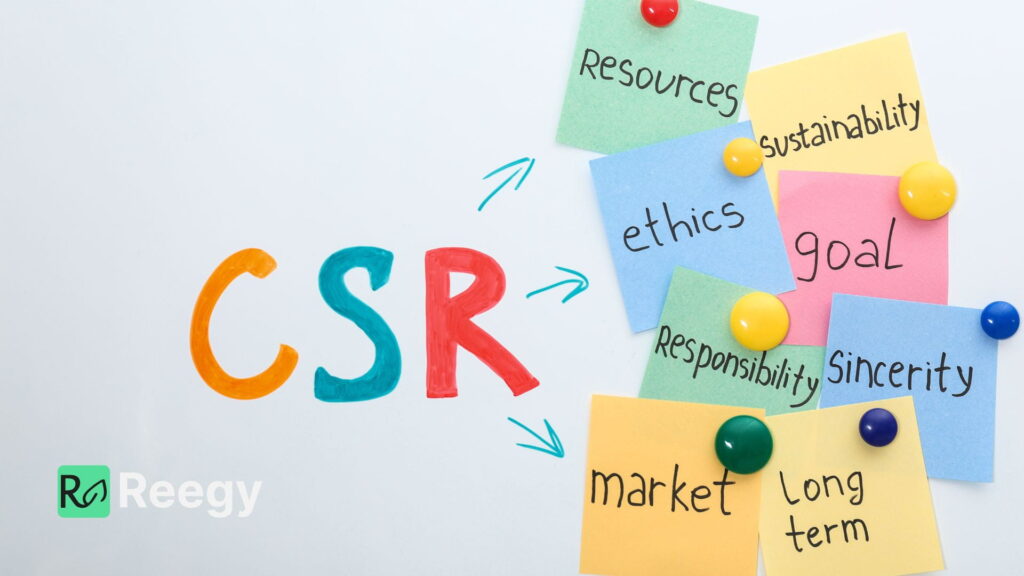
The Corporate Sustainability Reporting Directive (CSRD) represents one of the most ambitious steps toward corporate accountability and sustainability in Europe. As a cornerstone of the EU Green Deal, it aims to drive transparency, innovation, and responsibility across thousands of businesses.
However, a recent proposal from four German ministries seeks to delay and simplify the CSRD—a move that has sparked debate across the business and sustainability sectors.
Let’s break down what this proposal entails, why it matters, and what’s at stake.
The Key Points of Germany’s CSRD Proposal
The proposal, submitted to the European Commission, highlights four main changes to the CSRD:
1. Postponing Deadlines
The proposal suggests delaying the start of CSRD reporting obligations by two years:
- Large companies: Reporting begins in 2027 instead of 2025.
- Small and Medium Enterprises (SMEs): Reporting begins in 2028 instead of 2026.
2. Raising Thresholds
Germany has proposed increasing the thresholds that define which companies must comply:
- Turnover threshold: Raised from €50 million to €450 million.
- Employee threshold: Increased from 250 to 1,000 employees.
This would significantly reduce the number of companies required to report under the directive.

3. Reducing Reporting Complexity
The proposal calls for:
- Cutting unnecessary data points (currently over 1,000 in the directive).
- Avoiding sector-specific reporting standards.
- Implementing a “once-only principle,” ensuring companies only submit information to one authority to reduce redundancy.
4. Streamlining Frameworks
Germany aims to address overlaps between the CSRD, the EU Taxonomy, and the Green Asset Ratio requirements. The goal is to create a more unified and less burdensome reporting framework.
Why This Proposal Matters
At first glance, the proposed changes seem reasonable. Simpler, more streamlined processes could reduce the administrative burden on companies, particularly SMEs. Delaying deadlines might give businesses more time to prepare for compliance.
But here’s the catch: scaling back the CSRD risks undermining its core purpose.
The CSRD isn’t just about bureaucracy; it’s about fostering transparency and accountability. By postponing deadlines and excluding a significant number of companies from its scope, Germany’s proposal threatens to dilute the transformative power of this directive.
Check out our CEO Julius Launhardt’s opinion piece on LinkedIn on this for more info!
The Case for the CSRD
1. A Pillar of the EU Green Deal
The CSRD is central to achieving the EU’s ambitious climate and sustainability goals. It pushes businesses to account for their environmental and social impacts, creating a foundation for more sustainable decision-making.

2. Double Materiality
One of the CSRD’s groundbreaking principles is double materiality. This requires companies to assess and disclose not only how sustainability issues affect their financial performance but also how their activities impact society and the environment. Double materiality ensures ESG (Environmental, Social, and Governance) issues are treated with the same importance as financial matters.
3. Driving Innovation and Accountability
Transparency drives innovation. When companies are required to disclose their sustainability practices, they are more likely to innovate and improve. Accountability fosters trust among stakeholders, from investors to consumers.
The Risks of Scaling Back
1. Delays Stall Progress
The proposed delays risk losing momentum. The EU’s climate goals require urgent action, and postponing the CSRD could send the wrong message about Europe’s commitment to sustainability.
2. Weaker Accountability
Raising thresholds to exclude smaller companies undermines the directive’s impact. While large corporations often dominate headlines, SMEs collectively have a significant environmental footprint. Excluding them leaves a gap in accountability.
3. Missed Opportunities for SMEs
SMEs stand to benefit from the CSRD in the long term. Transparent reporting can open doors to green financing, partnerships, and markets that increasingly prioritize sustainability. Scaling back these requirements deprives SMEs of these opportunities.
A Balanced Approach
Compliance with the CSRD can be challenging, particularly for companies new to ESG reporting. But scaling back is not the solution. Instead, the focus should be on supporting businesses to meet these requirements effectively:
- Capacity Building: Provide clear guidelines, training, and tools to help companies comply.
- Technology Solutions: Platforms like Reegy can simplify reporting processes, making it easier for companies to track and disclose their impacts.
- Incentives: Offer financial support or incentives for SMEs to invest in sustainability reporting.

Conclusion
Germany’s proposal to delay and simplify the CSRD may stem from valid concerns about administrative burden. However, scaling back the directive’s scope and timelines risks undermining its transformative potential. The CSRD is more than a reporting obligation; it’s a cornerstone of the EU Green Deal and a critical tool for driving corporate accountability and sustainability.
Rather than stepping back, we should step up—providing businesses with the tools and support they need to comply while keeping sustainability at the forefront. After all, financial reporting is required from everyone—why should sustainability be any different?
Let’s Talk
At Reegy, we make sustainability simply! Let’s chat and see how we can help you comply with reporting obligations and make a meaningful impact!
Reegy is a complete software solution for ESG & Carbon Footprint Management. Our Reegy Eco Hub enables enterprises, financial institutions and governmental organizations to manage their climate action in one central location along the entire value chain. Track, measure, reduce, and offset your carbon emissions, disclose them to regulators, stakeholders, and customers and lead your company to Net Zero on autopilot!